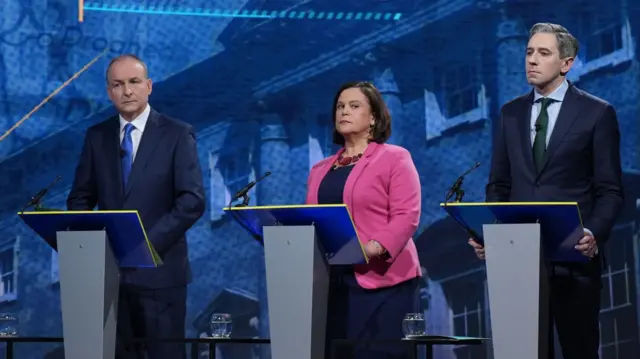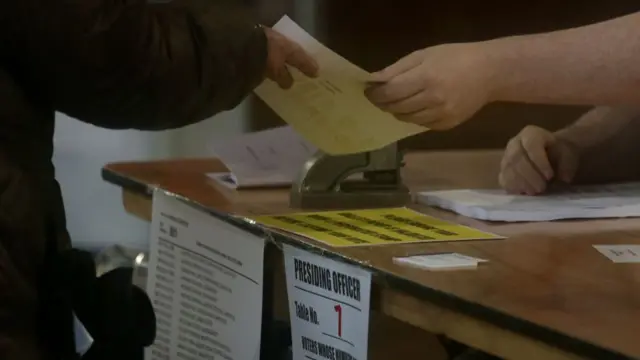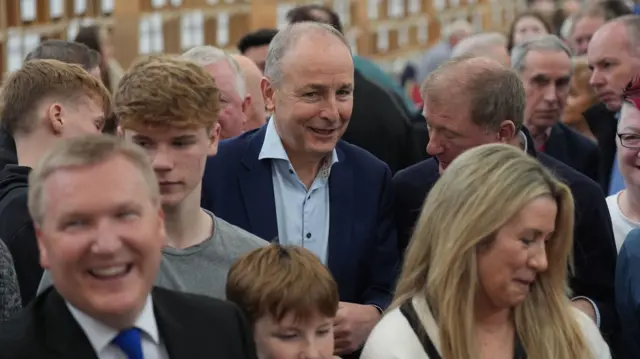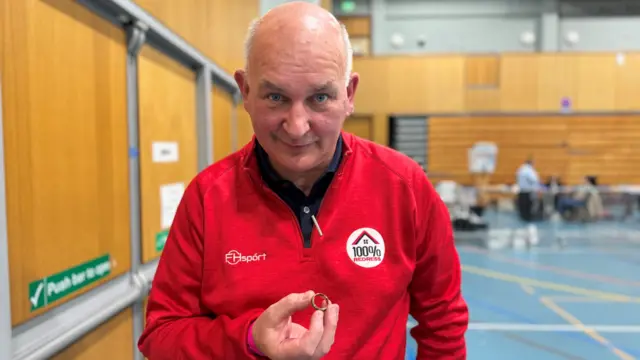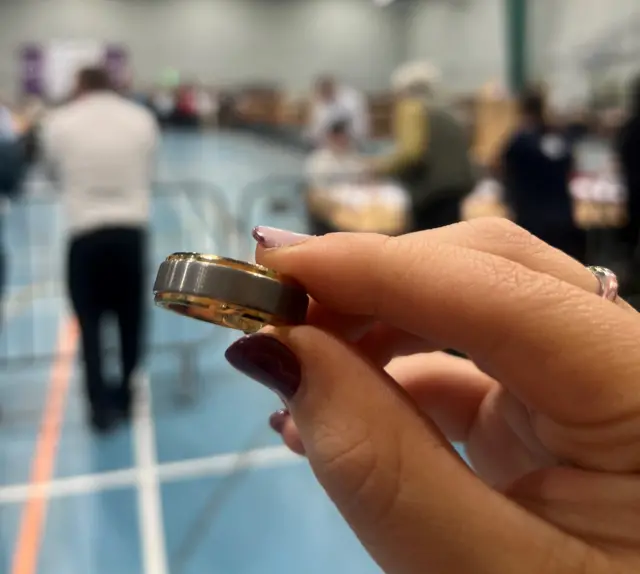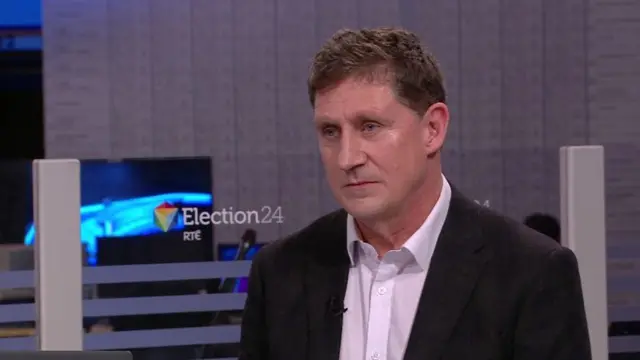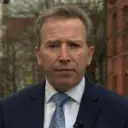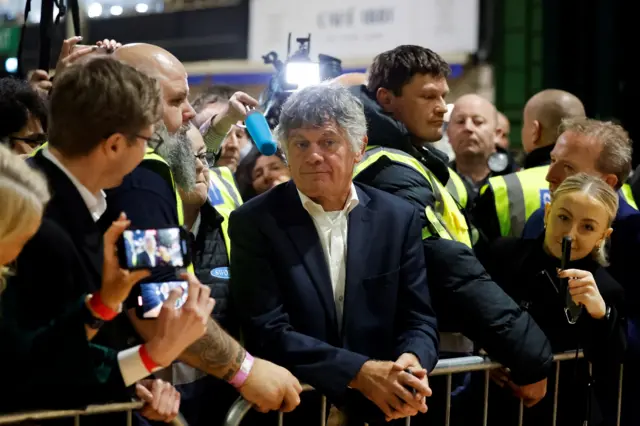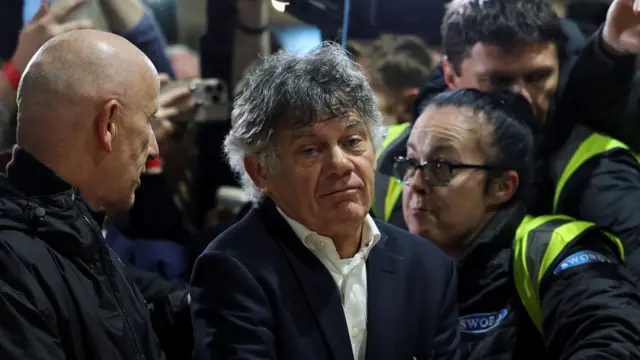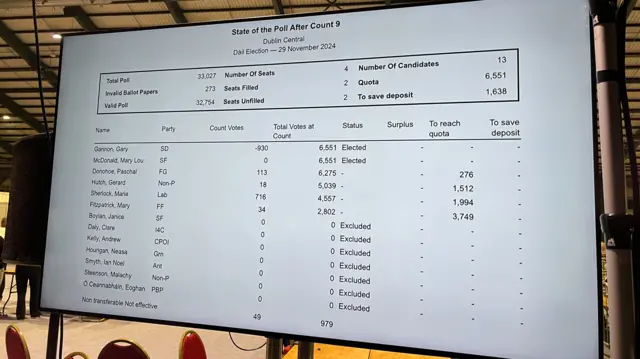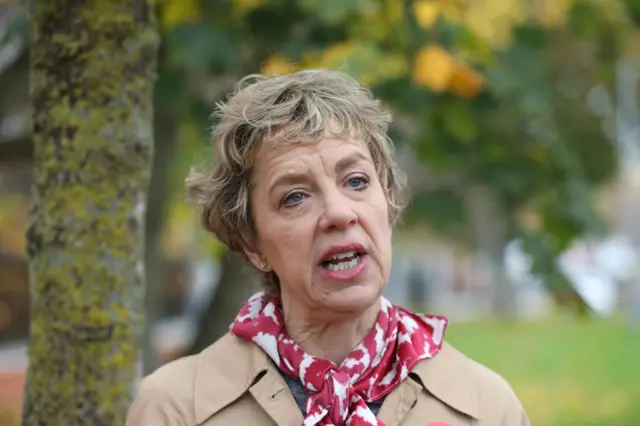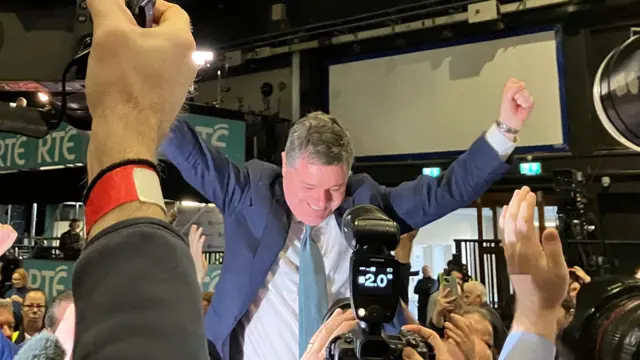No full recount in Louthpublished at 18:43 GMT 1 December 2024
Earlier we reported a full recount was looking likely in Louth but it turns out that has been avtered.
The deputy returning officer at the count centre confirmed the count can continue after Count 13 was looked at again.
So no need for the vote counters in Dundalk to go all the way back to the start and things will pick up where they left off a couple of hours ago.
